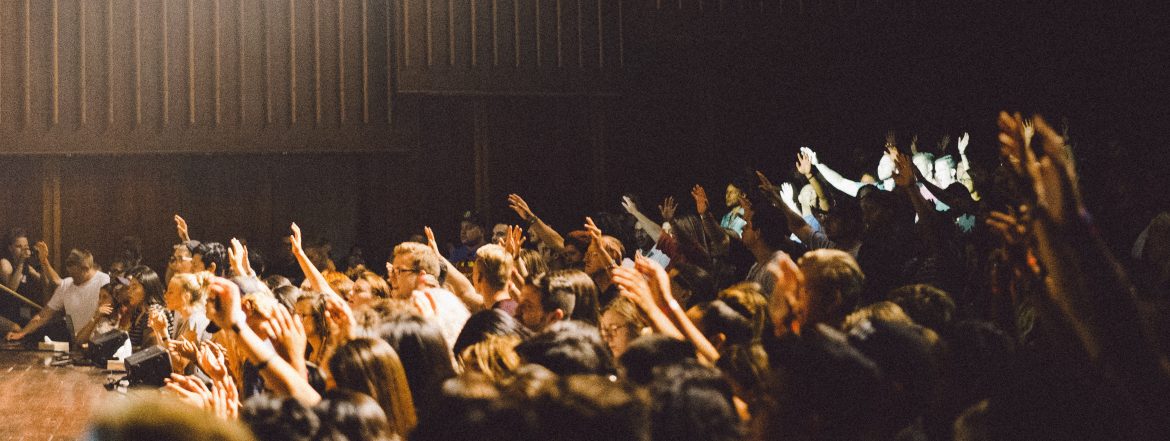Global Higher Education in 2050
Mar 4–Mar 6, 2020
UC Santa Barbara
“Global Higher Education in 2050: Imagining Universities for Sustainable Societies” convenes scholars from around the world to consider the future of the university. In 2050, will today’s Anglophone universities even exist in their basic current form? Many experts say no, wagering that most will be absorbed into commercial learning platforms. Would that be a bad thing? Many critics say that would not necessarily be the worst outcome. They argue that the Anglophone university is culturally inappropriate for most of the world, has lost the democratizing impulses it may once have had, blocks full decolonization, and is now primarily an engine of inequality that supports the reproduction of elites.
This conference will develop a theoretical framework for identifying a full range of futures for universities that serve the entirety of their populations. Conceived as a Critical University Studies project in the broad sense, it addresses key components of a next phase of university theory:
• New collaborative processes for imagining locally-appropriate universities.
• “No one model” modes of institutional development.
• Interaction among specific histories of higher education institutions.
• A new ethos: Articulation of non-pecuniary and non-individual effects of higher education.
• Clear roles for the humanities disciplines in reconstructing societies.
• Analysis of conflicts and ambivalences on the Left regarding universities.
• Methods for conceptualizing non-deterministic and multiple educational futures.
The public program in the first day and a half will follow a conventional conference format, in which participants will give 10-15 papers in order to lay out the basic predicaments and conflicts and get to know each other’s views. The second day and a half will shift into an exercise in scenario-building: the group will outline a set of alternative futures. These sessions will generate draft scenarios that can serve as the foundation of further research into new models that will help universities be more supportive of democratic practices in their diverse societies.
Speakers
Misty Anderson, University of Tennessee, Knoxville, USA
Pedro Fiori Arantes, Universidade Federal de São Paulo, Brazil
Debaditya Bhattacharya, Kazi Nazrul University, India
Wendy Brown, University of California, Berkeley, USA
Abigail Droge, University of California, Santa Barbara, USA
Zimitri Erasmus, University of the Witwatersrand, South Africa
Arturo Escobar, Universidad de Caldas, Manizales; Universidad del Valle, Cali, Colombia
Keri Facer, University of Bristol, UK
Roderick Ferguson, Yale University, USA
Kostas Gavroglu, National and Kapodistrian University of Athens, Greece
Yulia Gilichinskaya, University of California, Santa Cruz, USA
David Theo Goldberg, University of California, Irvine, USA
Laura Goldblatt, University of Virginia, USA
Charles R. Hale, University of California, Santa Barbara, USA
Eileen Joy, punctum books, USA
Rebecca Lund, University of Oslo, Norway
Michael Meranze, University of California, Los Angeles, USA
Christopher Newfield, University of California, Santa Barbara, USA
Nasrin Olla, Brown University, USA
Hank Reichman, California State University, East Bay, USA
Bruce Robbins, Columbia University, USA
Andrew Ross, New York University, USA
Althea Sircar, Macalester College, USA
Andrea Stith, University of California, Santa Barbara, USA
Mike Strayer, Grassroots Humanities Initiative, USA
Cameron Sublett, WestEd, USA
Neha Vora, Lafayette College, USA
Alison Wood, University of Cambridge, UK
Convener
Christopher Newfield, University of California, Santa Barbara, USA
The conference is sponsored by UCHRI and UC Berkeley’s International Consortium of Critical Theory Programs, with support by a grant from The Andrew W. Mellon Foundation.
For more information, contact info.ictconsortium@berkeley.edu.


